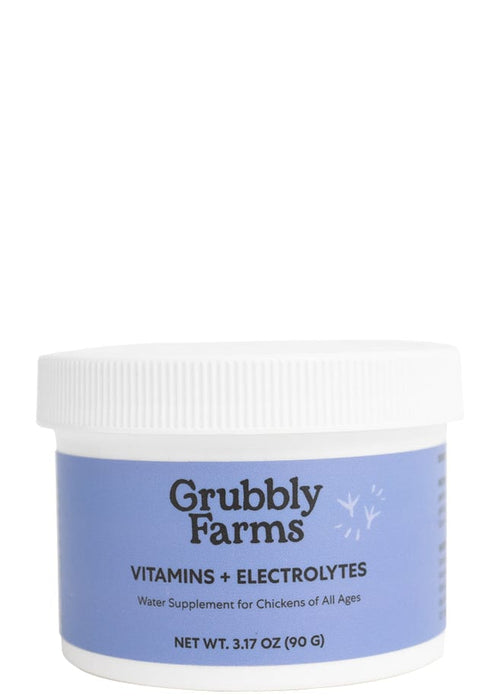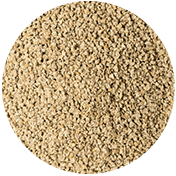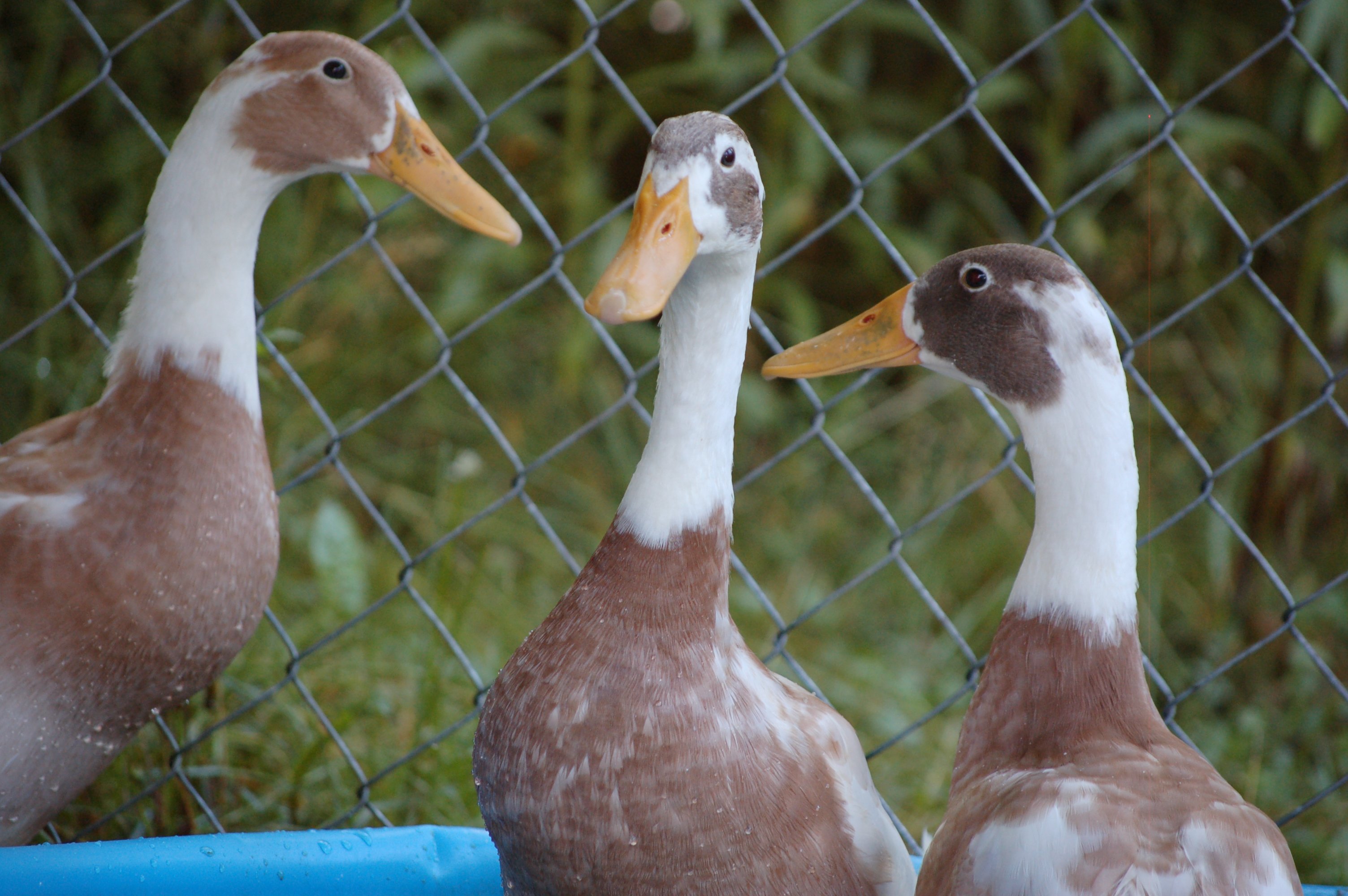Not all eggs are created equal. You’ll notice some key distinctions when comparing chicken eggs to duck eggs. Whether you are wondering about their differences in nutrition, texture, or optimal cooking techniques, this guide will cover everything you need to know.

Appearance of Chicken Eggs vs Duck Eggs
One of the main differences between duck eggs vs. chicken eggs is their size and appearance. The average duck egg is about 1.5 to 2 times bigger than the average chicken egg. However, both species have variances in egg sizes depending on the specific breed. Some chicken breeds can lay eggs just as large as a duck egg.
Duck eggs also have a unique eggshell texture. They’re often described as having a waxy feeling, which keeps the eggs ‘water resistant’ when a wet mother duck returns to sit on her nest. Duck eggshells are also thicker than the average chicken eggshell. The thicker shell helps duck eggs last longer than chicken eggs since it allows for less evaporation. In comparison, a properly formed chicken egg will have a sturdy eggshell with a smooth surface.
The color of chicken eggs and duck eggs varies by breed. Chicken eggs can come in many colors, including white, shades of brown, green, pink, blue, and cream. Duck eggs can come in white, gray, green, black, blue, brown, and speckled.
The internal appearance of each egg type also differs. Duck eggs have a greater yolk-to-egg whites (albumen) ratio than chicken eggs. This makes duck egg yolks seem larger than normal. Duck egg albumen also appears clearer, as chicken egg whites are more cloudy-looking.
Egg yolk color often depends on the chicken or duck's diet. However, duck egg yolks naturally have a more vibrant orange color, whereas chicken egg yolks are closer to a bright yellow. That said, chickens with a diet high in xanthophylls will also lay eggs with a more orange-colored yolk.

Nutrition Comparison: Duck Eggs vs Chicken Eggs
Duck and chicken eggs contain many of the same nutritional qualities; however, the quantities of such nutrients can vary. This largely stems from their difference in size.
Both types of eggs contain protein, fats, and carbohydrates, and neither has any fiber. A typical large chicken egg contains about 71 calories, while the average duck egg has 130 calories. Both contain all the nutrients necessary for life except for vitamin C. Duck eggs have more fat than chicken eggs and are higher in omega-3 fatty acids. A duck egg provides about 71.4 mg of omega-3s versus the 37 mg found in chicken eggs.
Duck and chicken eggs contain minerals such as calcium, magnesium, iron, phosphorus, selenium, zinc, copper, sodium, potassium, and manganese. As for vitamins, both types of eggs have choline, folate, riboflavin, thiamine, niacin, vitamins A, B6, B12, D, E, K, and pantothenic acid. Duck eggs contain more iron, selenium, and vitamins A, B6, and E than chicken eggs. They are also significantly higher in vitamin B12.
Protein in Duck Eggs vs Chicken Eggs
Since duck eggs are usually larger, they naturally contain more protein than a chicken egg. A duck egg contains about 9 grams of protein, and a large chicken egg contains about 6 grams.
There are also differences in the types of proteins (amino acids) found in duck eggs vs chicken eggs. Chicken eggs contain more ovalbumin, conalbumin, and lysozyme proteins than duck eggs. These proteins are naturally antimicrobial and contain antioxidants. However, duck eggs don’t contain as many of the proteins that trigger egg allergies. In some cases, folks who are allergic to chicken eggs can consume duck eggs just fine.
Duck Eggs vs Chicken Eggs Cholesterol
A common concern when eating any type of egg is their natural cholesterol levels. Notably, duck eggs contain about double the amount of cholesterol than the average large chicken egg.
For reference, a 70-gram duck egg contains about 619 mg of cholesterol, whereas a 50-gram chicken egg contains about 186 mg. However, both chicken and duck eggs contain healthy fats that help moderate cholesterol levels.
|
|
Average Chicken Egg |
Average Duck Egg |
|
Calories |
71 |
130 |
|
Protein |
6 g |
9 g |
|
Cholesterol |
186 mg* |
619 mg** |
|
Omega 3's |
37 mg |
71.4 mg |
*50g chicken egg
**70g duck egg

Duck Eggs vs Chicken Eggs Taste
The taste and texture profiles of duck and chicken eggs are very similar. Some note that duck eggs have a richer, creamier, and more intense flavor. In some cases, they are said to have a wild or gamey flavor. However, that largely depends on the diet of the duck that laid the egg and the environmental factors where the duck was raised. In contrast, chicken eggs have a milder taste and may even have a slightly buttery flavor when compared to duck eggs.
Duck eggs and chicken eggs are comparable when it comes to culinary uses. Both types of eggs can be cooked using methods such as frying, poaching, or scrambling. Both can also be brined or pickled for preservation or flavor enhancement purposes.
Duck eggs often need to be cooked or boiled slightly longer than chicken eggs because they are larger. However, be careful not to overcook duck eggs. Despite their larger size, duck eggs have less moisture and can become rubbery if cooked or boiled too long.
Duck Eggs vs Chicken Eggs in Baking
Substituting one type of egg for another in baking can alter the texture, moisture, and richness of the baked product. Since they are larger, if you substitute a duck egg for a chicken egg in a recipe, you will need to consider the slight increase in moisture and possibly decrease other wet ingredients. Or, you can add more dry ingredients. In many recipes, you can use one duck egg in place of two chicken eggs.
Duck eggs also have more albumen, which are high in protein and will provide more lift and structure to a baked product. This can create a lighter, fluffier texture. However, it’s more challenging to beat duck egg whites into a meringue consistency because they are lower in moisture content than chicken egg whites.
Chicken eggs have a lower fat content than duck eggs. In fact, a single duck egg has about twice as much fat as a standard-size chicken egg. This makes duck eggs an excellent ingredient for rich baked goods like cookies and brownies.

Laying Frequency: Duck Eggs vs Chicken Eggs
Breed, age, diet, season, health, and daylight will affect how frequently a chicken or duck lays eggs.
Chicken Egg Laying Frequency
Chicken breeds bred for egg production or dual-purpose uses will be the best egg layers. Laying breeds usually reach production age around four to five months old and produce the best during the first two to years of their lives.
Hens will usually lay their eggs in the morning and afternoon. Due to the natural cycle of creating an egg, a hen will lay a little later each day and skip a day if necessary. Chicken breeds bred solely for egg production will lay about five to six eggs per week. The best egg-laying chicken breeds will average about 290 to 320 eggs per year. The best egg-laying chicken breeds include:
- White Leghorns
- Isa Browns
- Australorps
- Rhode Island Reds
- Plymouth Rocks
Hens will stop laying eggs due to the annual molt, poor health, stress, a poor diet, or insufficient natural daylight. The older a hen gets, the more sensitive she becomes to these factors.
Duck Egg Laying Frequency
Like chickens, certain duck breeds are known to be the best egg layers. Ducks take longer to reach egg production age, and female ducks (also called hens) often don’t start laying until they are six or seven months old. However, female ducks will lay well for many years — often longer than chickens.
Duck hens lay their eggs in the morning and rarely in the afternoon. They do not lay in elevated nesting boxes and prefer to make nests on the ground or coop floor. Ducks are also very hardy, and hens are known to lay well through the winter months, even when chickens usually stop laying.
The best egg-laying duck breeds will produce about 300 to 340 eggs per year. These duck breeds are known to be excellent egg producers:
- Khaki Campbells
- Indian Runners
- Cayuga
- Blue Swedish
- Buff
Duck hens are less susceptible to stressors that cause chickens to stop laying. However, they will still stop laying for the annual molt, poor health, or a poor diet.
Final Thoughts
Chickens and ducks are both superb layers of delicious and nutritious eggs! Chicken eggs have a mild flavor and are rich in protein, while duck eggs are larger and richer in fat. They also contain different proteins than chicken eggs, making them more allergy-friendly.
In summary, one type of egg is not superior to the other. Choosing between duck eggs vs chicken eggs is a matter of personal needs and preferences. It can even be fun to try both to expand your culinary experiences!
Source:
Duck Eggs vs. Chicken Eggs: Nutrition, Benefits, and More (healthline.com)


















